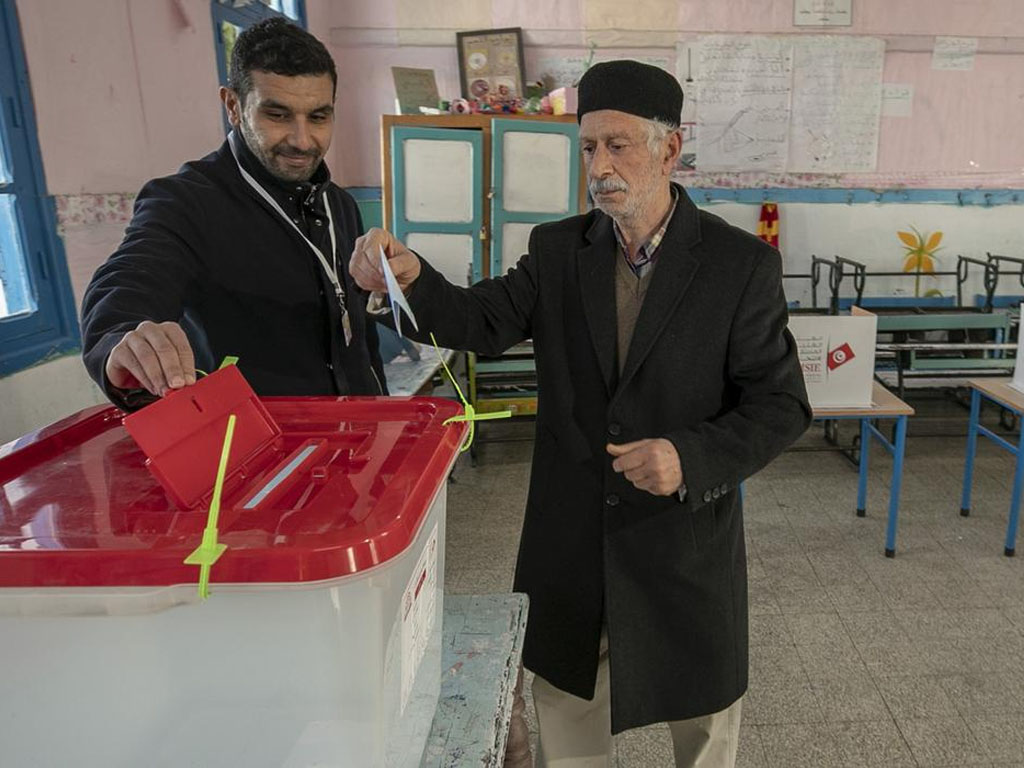Only 11.3% of Tunisian voters turned out for the second round of parliamentary elections in what is being seen as a clear rejection of the controversial reforms of President Kais Saied.
In the first round, 10 candidates secured seats without getting any votes as they ran unopposed.
For seven constituencies, there were no candidates.
Electoral officers said those seats would be filled in special elections later.
Independent organizations such as Chahed (Witness) and Mourakiboun (Controllers) said some polling station heads refused to provide observers access to data on the turnout.
Chahed also said rules against election day campaigning were violated, and that authorities used administrative vehicles to transport voters to their stations.
An official from the electoral commission denied wrongdoing, but said there might have been “isolated cases” of issues.
Opposition parties boycotted the poll which held on 29th of January 2023, accusing the president of staging a coup after he shut down parliament in 2021 and gave himself almost unlimited executive powers.
Turnout was similarly low in the first round of voting.
Tunisia is experiencing a deep economic crisis that has caused severe shortages of many basic foods.

A newsmaker, reporter and anchor at Pearl Radio, Ndalilah Sharon is witty and savvy.
She is also a firm believer of Christ.

